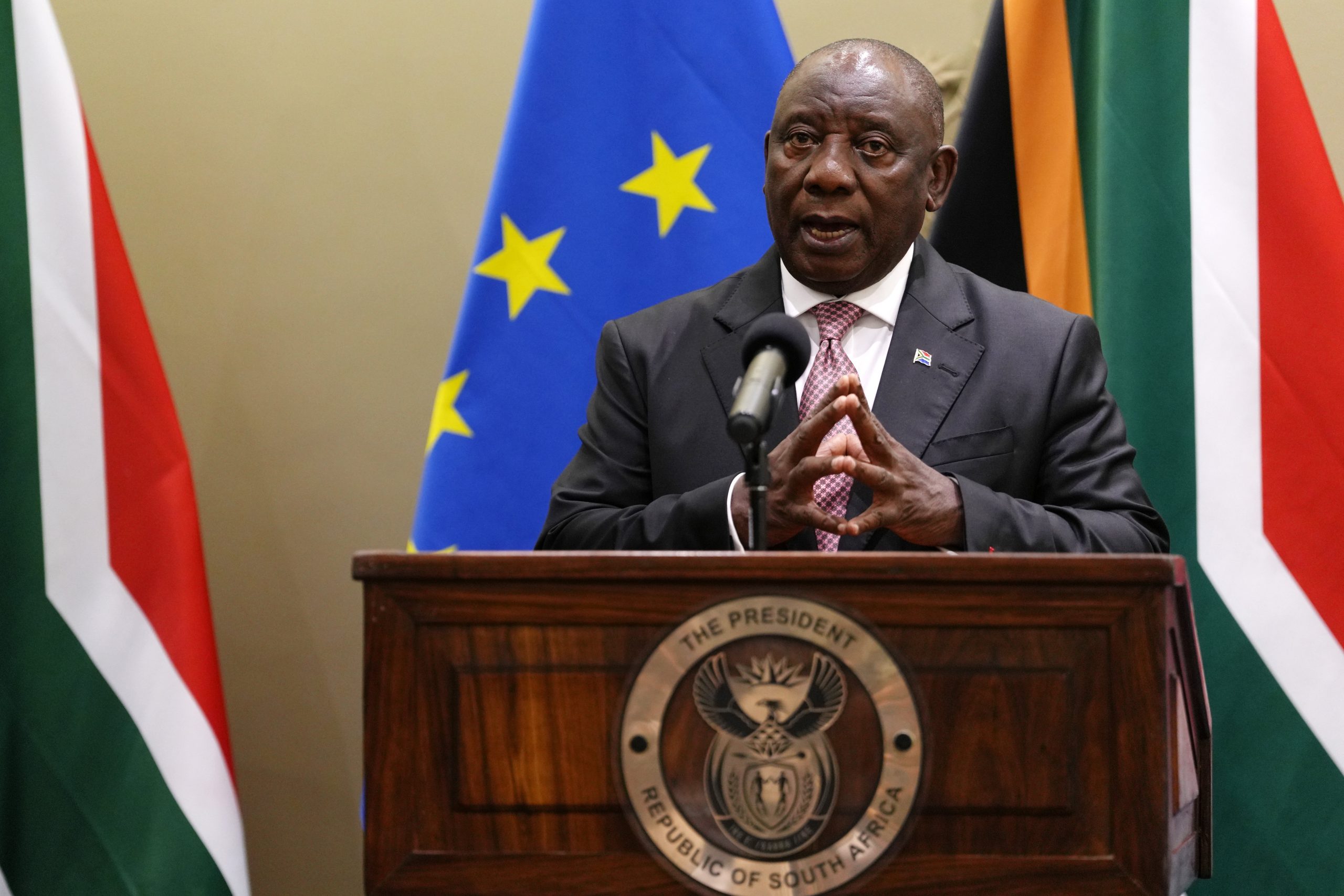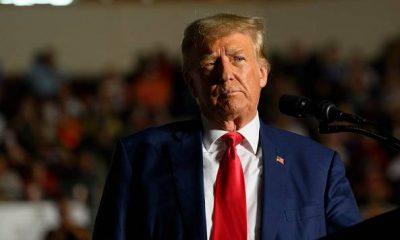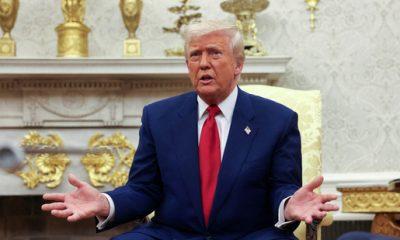411
South Africa Opts for Negotiation Over Retaliation in Response to Trump’s Tariffs

South Africa has no immediate plans to retaliate against the United States following President Donald Trump’s announcement of steep new tariffs on imports, including a 31% duty on South African goods. Instead, the government will push for negotiated exemptions and quota agreements, senior officials said on Friday.
The tariffs, which include a baseline 10% levy on all imports and higher targeted duties on select countries, have raised concerns over South Africa’s trade relationship with the U.S.—its second-largest bilateral trading partner after China.
Why South Africa Won’t Retaliate—For Now
Trade Minister Parks Tau emphasized that imposing reciprocal tariffs without fully understanding the U.S. decision would be counterproductive.
“To say we will impose reciprocal tariffs without first understanding how the U.S. arrived at 31% … would be counterproductive,” Tau said at a press conference. He noted that South Africa’s average import tariff is just 7.6%, far lower than the new U.S. rates.
Foreign Affairs Minister Ronald Lamola added that Trump’s move undermines the African Growth and Opportunity Act (AGOA), which grants qualifying African nations duty-free access to the U.S. market. With AGOA set to expire in September, the new tariffs suggest a renewal is unlikely, dealing a blow to South Africa’s export-driven industries.
Key Industries at Risk
The tariffs pose a significant threat to South Africa’s automotive sector, which exports over $2 billion worth of vehicles and parts to the U.S. annually. Other vulnerable industries include:
- Agriculture
- Processed foods
- Metals and manufacturing
Despite the challenges, Tau confirmed that South Africa will not revoke incentives for U.S. automakers under the Automotive Production Development Programme (APDP), a key production support scheme.
Economic Impact and Future Strategies
The National Treasury estimates that losing AGOA benefits could reduce South Africa’s GDP growth by less than 0.1 percentage points. However, the South African Reserve Bank has modeled more severe scenarios, with potential impacts ranging from 0.1 to 0.7 percentage points, depending on market reactions.
In response, the government plans to:
- Accelerate efforts to diversify export markets, focusing on Asia and the Middle East.
- Support affected industries through targeted interventions.
- Engage in diplomatic talks to secure exemptions or favorable quotas.
A Tough Road Ahead
Trump’s aggressive trade policies—including existing 25% tariffs on vehicles and auto parts—add pressure to an already strained relationship. South Africa had previously expressed interest in a bilateral trade deal, but Trump’s repeated criticisms of the country since returning to office in January make such an agreement unlikely.
For now, Pretoria is betting on diplomacy rather than escalation. But with AGOA’s future in doubt and U.S. trade barriers rising, South Africa may need to rethink its economic strategy sooner rather than later.
{Source Business Recorder}
Follow Joburg ETC on Facebook, Twitter , TikTok and Instagram
For more News in Johannesburg, visit joburgetc.com



























